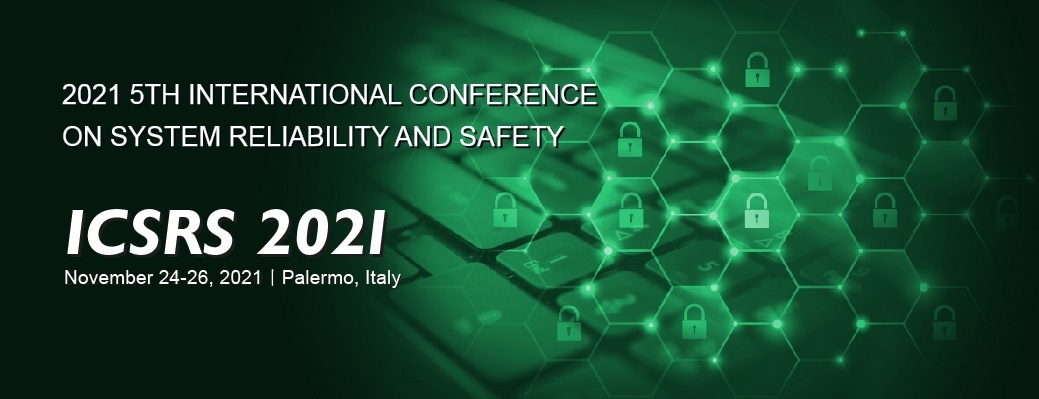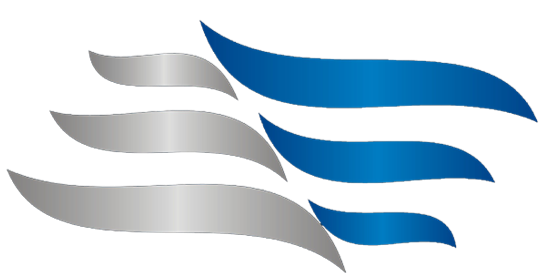
Na próxima semana, de 24-26 de novembro, acontecerá a quinta conferência internacional em Confiabilidade de Sistemas e Segurança (ICSRS). O congresso será na cidade de Palermo, Itália e ocorrerá também em formato virtual. Durante o ICSRS 5, o professor Márcio das Chagas Moura do CEERMA-UFPE será um dos session keynote lecturers e fará uma apresentação sobre como métodos de processamento de linguagem natural podem ser usados para auxiliar o processo de identificação de perigos nas primeiras fases de uma Análise Quantitativa de Riscos. O resumo da palestra que o professor Márcio irá proferir segue abaixo. Além dessa, outros professores de várias prestigiadas universidades (como exemplo, ETH Zürich, Switzerland, Leibniz Universität Hannover, Germany, Université Paris-Saclay, France, Paul Scherrer Institute, Switzerland) também atuarão como keynote speakers durante o ICSRS 5. Mais informações podem ser encontradas em http://www.icsrs.org/is.html.
Title: A Natural Language Processing – based app to support hazard identification in oil refineries
Abstract: Oil and gas refineries involve handling and storing hazardous materials, and the uncontrollable release of these substances may lead to catastrophic accidents. In this context, risk studies are aimed at designing either preventive measures to avoid the undesired events or safeguards to mitigate the consequences in case an accident occurs. To that end, risk experts postulate possible leakages, identify their causes and consequences, and finally evaluate and classify the risks into categories. These qualitative risk analyses rely on examination of a variety of engineering, textual documents and attending numerous meetings, which is quite laborious and time consuming, especially for oil refineries that are large, equipment-intensive facilities. Therefore, we here propose to use Natural Language Processing and multiple deep learning models, called Transformers, for aiding some tasks, which are involved in qualitative risk assessments. These techniques can be applied to extract, organize, and classify information from past textual risk studies, and then allow for recognizing patterns. Our idea is to identify the potential consequences of accidents related to the operation of an oil refinery, and to classify each accidental scenario in terms of severity of the consequence and likelihood of occurrence. Thus, it will be possible to reduce the required efforts in completing the early stages of a risk analysis. Moreover, we developed a Hazard Analysis based on Language processing for Oil refineries (HALO), a web app to support risk analyst in identifying and assessing different accident scenarios related to chemical spills in oil refineries. The app was built on valuable information gathered from past risk studies, allowing experts to use that entire source of knowledge in the early stages of QRA. HALO displays visual outputs, including word clouds for the description of similar systems found in our database and a bar chart to illustrate the distribution of the potential consequences related to chemical spills in similar systems. These visual outputs summarize the knowledge contained in previous risk studies and allow the user (risk analyst) to gain insight into the analyzed system. Thus, it will be possible to support risk analysts to complete the early stages of a QRA. The proposed method and app were applied to an actual oil refinery and presented very auspicious outcomes.

Nenhum comentário